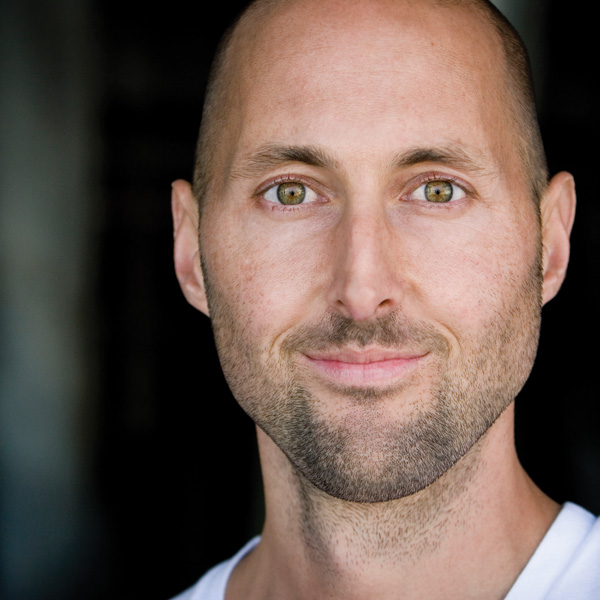Remember all those late-night cramming sessions when you were in school? Ever wonder why they helped you pass the tests, but left no lasting memory of the subject matter? It turns out that mastering a topic requires a different way of learning.
Cognitive scientists Henry Roediger, PhD, and Mark McDaniel, PhD, two of the most influential researchers in the areas of memory and learning, argue that conventional study methods — highlighting, rereading, and massed practice sessions (doing the same thing over and over) — will never lead to true mastery of a subject.
Their book, Make It Stick: The Science of Successful Learning, written with former management consultant Peter C. Brown, is a fascinating exploration of the science behind the most effective learning techniques. It shines a light on strategies that actually work and those that don’t — even though we may think they do.
Let’s take a quick look at what doesn’t work and then dive into a few strategies we can apply to help us master any topic or skill.
Retrieve and Test
Conventional wisdom tells us the most effective way to study involves tons of repetition — reviewing notes, rereading key information, endless practice sessions. It advises focusing on one topic deeply until you totally get it (or until you feel like you get it).
While these approaches are prevalent and feel good as you practice them, it turns out they’re the least effective. Long-term retention comes from the practice of retrieving what you’ve studied rather than rereading what you’ve just read.
“Practicing retrieval makes learning stick far better than reexposure to the original material does. This is the testing effect, also known as the retrieval–practice effect,” the authors note. “Empirical research shows us that the testing effect is real — that the act of retrieving a memory changes the memory, making it easier to retrieve again later.”
So once you’ve read a text, rather than scanning the sections you just highlighted, test yourself by actually closing the book and quizzing yourself about what you’ve just read. Try it right now. Without going back and reviewing, without scrolling back up, list the key ideas we’ve explored so far.
I’ve gleaned these main points from the text:
- _________________
- _________________
- _________________
If you can’t recall much, don’t get disheartened. True mastery of a subject takes repetition over time.
“To be most effective, retrieval must be repeated again and again, in spaced-out sessions so that the recall, rather than becoming a mindless recitation, requires some cognitive effort,” the authors write. “Repeated recall appears to help memory consolidate into a cohesive representation in the brain and to strengthen and multiply the neural routes by which the knowledge can later be retrieved.”
The lesson is clear: If we want to move beyond simply being fluent in a subject — if we want to truly master it — we need to test ourselves multiple times.
Active retrieval may not feel comfortable and you may not have understood as much as you’d like, but the act of testing yourself gives your brain’s neurons a workout that will help you latch on to the information. Look at it like going to the gym and lifting Styrofoam weights (rereading) versus lifting heavy dumbbells (retrieving) — one leads to strength development and the other does not.
Testing is a form of learning, so after reading a great book or watching a TED Talk, quiz yourself on what you remember.
Mix It Up
Massed practice — doing the same thing over and over — is how we typically approach learning. We work through a set of similar problems until we attain a perceived level of mastery and move on.
The authors share a study in which Cal Poly University baseball players were split into two groups: One group practiced hitting specific pitches in distinct sets (“massed practice”), while another hit random pitches (“interleaved practice”). The massed-practice batters felt and looked like they were improving, but their gains were based on short-term memory, not deep learning. The random-pitch batters had to work harder to identify what pitch was coming at them and respond appropriately.
Though it takes longer to achieve results, interleaved practice is a much better course to mastery. Mixing up the types of pitches we’re facing or the types of math problems we’re solving during practice keeps us on our toes at game time.
Elaborate
One of the most effective and fun ways to learn is called elaboration. The authors describe it as “the process of giving new material meaning by expressing it in your own words and connecting it with what you already know.”
So take a second now to think about something we’ve touched on so far. Say it in your own words and try to connect it to something you’ve already stored in that amazing mind of yours.
There’s no known limit to what you can learn when you connect a new piece of information to an existing memory. Connecting new ideas to old memories, using active retrieval, and varying our practice are the keys to mastering anything.
Watch a Summary of Make It Stick
Optimal Living 101
Explore more profound insights and practical wisdom from leading thinkers by diving into our Optimal Living 101 series.
More About the Authors of Make It Stick
Henry Roediger, PhD, is the James S. McDonnell distinguished professor of psychology at Washington University in St. Louis. Mark McDaniel, PhD, is professor of psychology and director of the Center for Integrative Research on Cognition, Learning, and Education (CIRCLE) at Washington University. Peter Brown is a retired management consultant and the author of five books.
This article originally appeared as “Make It Stick” in the September 2016 issue of Experience Life.





This Post Has 0 Comments